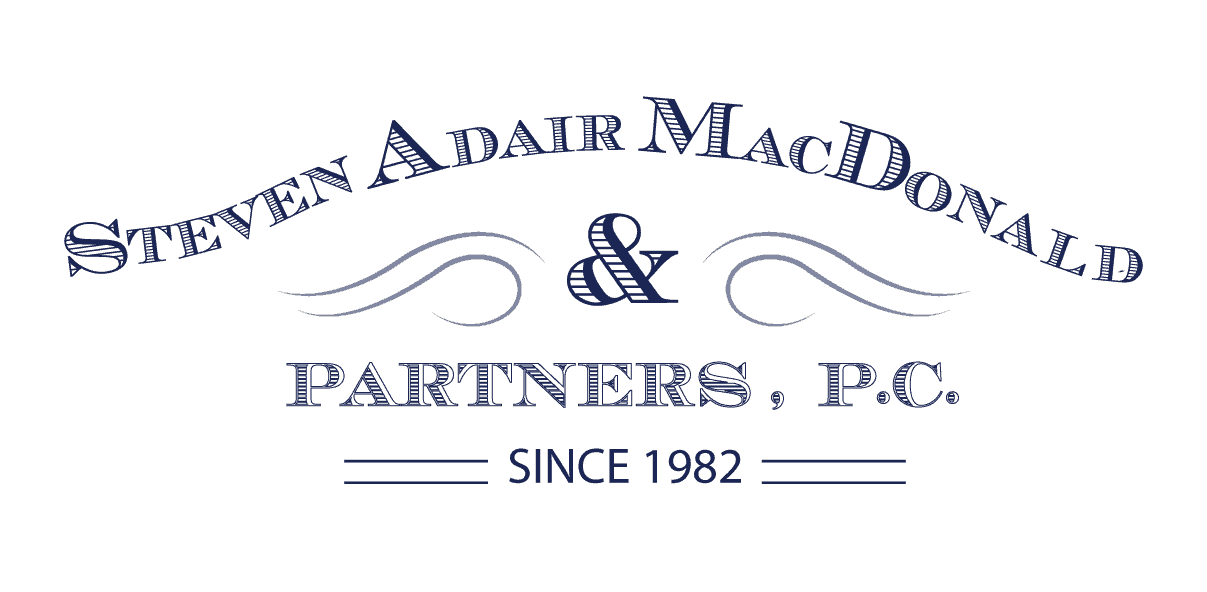
The Benefits of Having a Tenant Lawyer on Your Side…

Navigating a slip-and-fall incident can be disorienting, especially when understanding the defenses property owners can use in slip-and-fall lawsuits. As a victim, your primary focus should be recovery, but often the burden of legal processes can become overwhelming. This is where a trusted legal partner like Steven Adair MacDonald & Partners, based in San Francisco, California, can help guide you.
In the bustling urban landscape of San Francisco, the risk of slip and fall incidents can be higher due to the city’s steep streets, aging infrastructure, and heavy foot traffic. When such accidents happen, victims may be entitled to compensation. However, property owners or managers often have defenses that can complicate your claim.
This article aims to shed light on the various defenses property owners can use in slip-and-fall lawsuits in California. It will also highlight how a San Francisco landlord-tenant and real estate attorney like Steven Adair MacDonald & Partners can stand by your side, ensuring you receive the justice you deserve.
If you or a loved one have experienced a slip-and-fall incident and need assistance navigating the legal complexities, call Steven Adair MacDonald & Partners for a consultation.
Slip and fall accidents, also known as premise liability accidents, occur when a person slips, trips, or falls due to a hazardous condition on someone else’s property. This can happen in various settings, from private residences to commercial establishments and public spaces in busy cities like San Francisco.
California law holds that property owners and occupiers have a legal duty to maintain their premises reasonably safe and warn of known hazards. When this duty is neglected, it may lead to accidents that can cause serious injuries ranging from sprains and fractures to severe head and spinal injuries.
If you or a loved one have been a victim, contact us. We’re here to help you understand your rights and guide you through the legal process.
In California, the party responsible for maintaining the property where the slip and fall occurred is typically liable. This can include property owners, tenants, or any other party who has control over the condition of the premises.
Here are the critical factors considered when determining liability:
Determining liability in a slip-and-fall case can be complex. Reach out to Steven Adair MacDonald & Partners. Our dedicated legal team is ready to provide the support you need.
Property owners or insurers may use various defenses to limit their liability in a slip-and-fall case. For tenants and visitors who have suffered a slip and fall accident, it’s crucial to understand these potential defenses:
In the comparative negligence defense, property owners may suggest that the victim shares some or all blame for the incident. For instance, they might argue that the tenant or visitor was not paying attention to their surroundings or was behaving recklessly.
Owners might argue that the injured party was aware of the hazard but chose to take the risk anyway. This defense often comes into play if the danger was clearly marked or the tenant had previously been informed about the issue.
This defense asserts that the property owner may not be fully liable if a hazard is visible and ignored. This can often be contested, particularly when the tenant has no choice but to use the hazardous area.
Property owners might claim the injured person was not legally allowed on the premises during the accident. This defense doesn’t apply to tenants or invited guests but could be used if the victim was in an off-limits area.
As tenants and visitors, knowing your rights and understanding how these defenses might be used against you is essential. Steven Adair MacDonald & Partners are well-prepared to counter these defenses and support your claim. If you’re dealing with a slip-and-fall incident, contact us to ensure your interests are effectively represented.
California’s Statute of Limitations for personal injury cases, including slip and fall accidents, is typically two years. This means a person has two years from the accident date to file a lawsuit against the party they believe to be responsible.
It is always advisable to consult with an experienced attorney like Steven Adair MacDonald & Partners to understand the specifics related to your case.
Some exceptions can either shorten or extend this time frame. Here are some notable examples:
For a more detailed understanding of how the statute of limitations applies to your situation, contact the Steven Adair MacDonald & Partners team. We are equipped to help you navigate these complexities and work towards the best possible outcome for your case.
The San Francisco-based Steven Adair MacDonald & Partners team is ready to stand beside you. We’ll guide you through the complexities and ensure your rights are fiercely defended, allowing you to focus on your recovery.
Our comprehensive legal services cover a range of issues, including eviction defense, fair housing matters, habitability issues, and more. Our goal is to offer you holistic legal solutions, no matter your challenge.
Seek the justice you deserve with Steven Adair MacDonald & Partners. Take the first step towards protecting your rights by contacting us today. Your peace of mind is just a call away.
There are two sides to every story —
let yours be heard.
Steven Adair MacDonald & Partners, PC
870 Market Street
Suite 500
San Francisco, California 94102
United States
(415) 956-8698
Copyright © 2024 Steven Adair MacDonald & Partners, PC - All Rights Reserved. | Powered by Advantage Attorney Marketing & Cloud Solutions